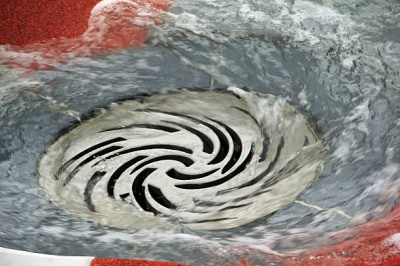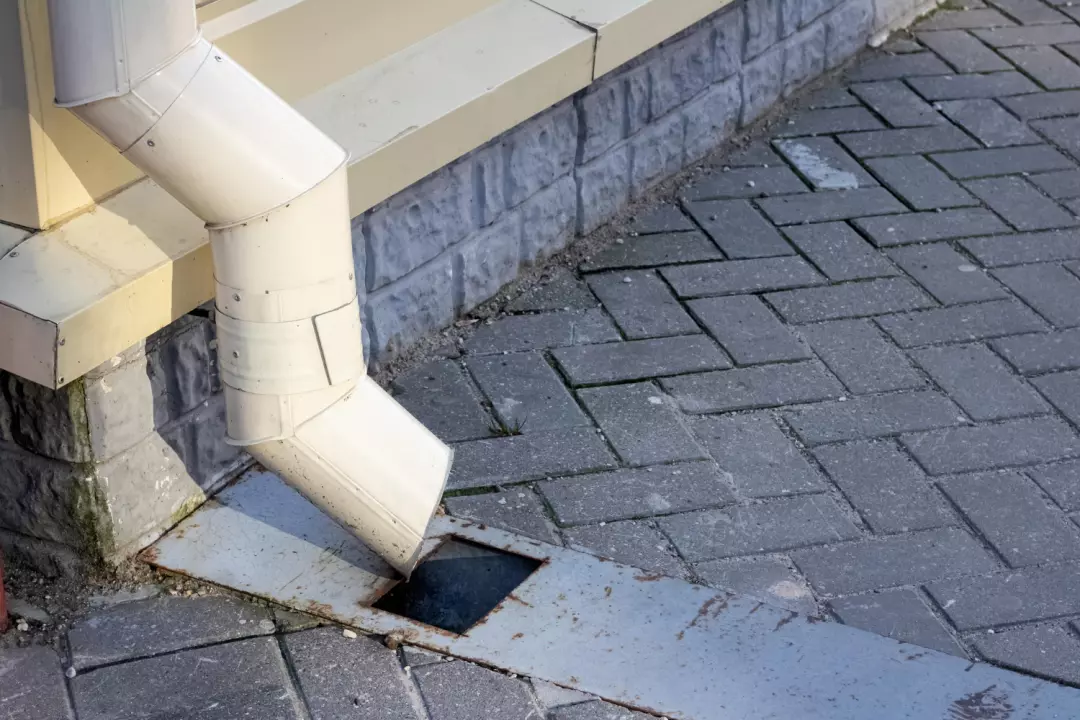Will the Use of a Sink Strainer Prevent Blocked Drains?
A sink strainer is a simple tool that can help stop a blocked drain. It is a small, metal or plastic cover with holes, placed over your sink plughole. Its job is to catch bits of food, hair, or other bits and bobs that could fall into the drain and cause a blockage.
When you rinse plates or wash vegetables, small scraps of food can easily go down the drain without you noticing. Over time, these scraps can build up, making it harder for water to flow. By using a sink strainer, you can trap these bits and throw them in the bin instead. This keeps your pipes clear and helps your sink drain smoothly.
Using a sink strainer is a small habit that can make a big difference. It is cheap, easy to clean, and fits most sinks. Just remember to empty the strainer into the bin regularly and give it a quick rinse to keep it clean.
Disposing of Oils and Fats
Pouring oils and fats down the sink is a common cause of a blocked drain. When oils, grease, and fat cool down, they harden and stick to the inside of your pipes. Over time, this creates a sticky layer that can trap other bits of dirt and food, making the blockage even worse.
To stop this from happening, it’s important to dispose of oils and fats properly. After cooking, wait for the oil or fat to cool down. Once it has hardened, you can scrape it into the bin. If the oil is still liquid, pour it into a container like a jar or bottle, seal it, and then throw it away in the rubbish bin.
Another great tip is to wipe greasy pans and plates with a paper towel before washing them in the sink. This removes a lot of the grease, so it does not end up in your pipes. You can also use hot water and a little washing-up liquid to help break down any grease that might already be in the drain.
By taking these small steps, you can protect your drains and avoid the hassle of dealing with blockages caused by grease and fat.

Need assistance finding drain & sewer clearance near you?
Get a QuoteDon't Put Food Down the Sink
When you wash up or clean your dishes, it might be tempting to let small bits of food go down the sink. But this can lead to a blocked drain. Even small bits of food can build up in the pipes, making it hard for water to pass through.
Instead of letting food go down the sink, scrape your plates and bowls into the bin before washing them. You can also use a sink strainer to catch any bits of food that might slip through. This makes it easy to throw the food away and keeps your pipes clear.
Another tip is to use a compost bin if you have one. Many types of food, like fruit and vegetable peelings, can be turned into compost. This is good for your garden and helps keep your sink free from blockages.
Remember, keeping food out of your sink is a simple way to avoid a blocked drain. It also keeps your kitchen smelling fresh and clean.
Water Softening
Hard water can also lead to a blocked drain. Hard water contains minerals like calcium and magnesium. When these minerals build up in your pipes, they form something called limescale. Over time, limescale makes your pipes narrower, which can cause blockages.
A water softener is a great way to stop limescale from forming. It works by removing the extra minerals from your water. This helps keep your pipes clear and makes it easier for water to flow. A water softener can also make your washing-up easier, as soft water creates more bubbles and is kinder to your skin.
If you live in a hard water area, you might notice white marks on your taps, kettles, or shower. These are signs of limescale. A water softener can help reduce these marks and protect your appliances, as well as your drains.
Installing a water softener might seem like a big step, but it can save you from dealing with a blocked drain in the future. It also helps your whole plumbing system last longer.
Be Careful What You Flush Down the Toilet
Toilets are made for flushing just two things: toilet paper and human waste. Flushing anything else can lead to a blocked drain. Items like wet wipes, nappies, and cotton buds might seem small, but they do not break down like toilet paper. Instead, they get stuck in the pipes and cause problems.
Some products say they are “flushable,” but it is still safer to put them in the bin. Even flushable wipes can cause blockages because they do not break apart as quickly as toilet paper does. The same goes for things like tissues, sanitary products, or bits of food—none of these should be flushed.
One of the easiest ways to avoid flushing the wrong things is to keep a small bin in your bathroom. This gives everyone in the house a place to throw away items that do not belong in the toilet. You can also teach your family about what is safe to flush, so everyone knows how to keep the pipes clear.
By being careful about what you flush, you can prevent blockages and keep your toilet working properly. It’s a simple step that can save you a lot of trouble later on.
In this article:
